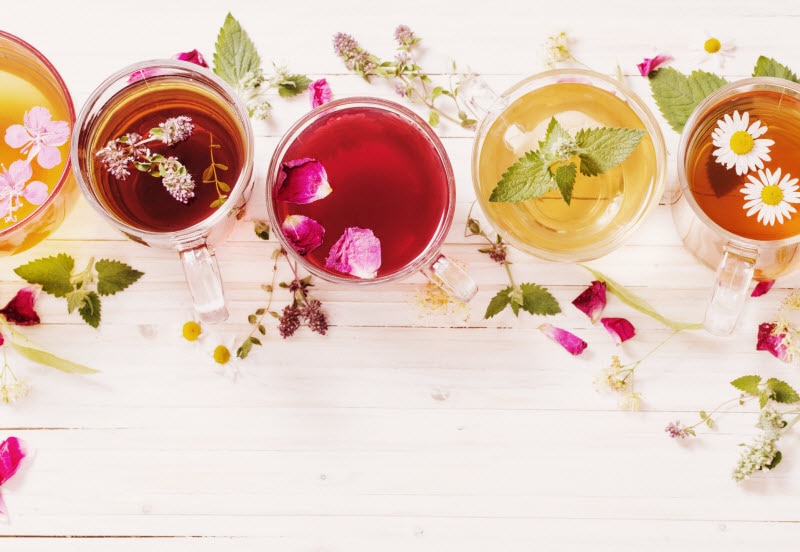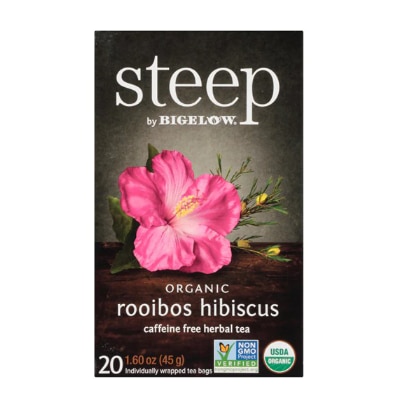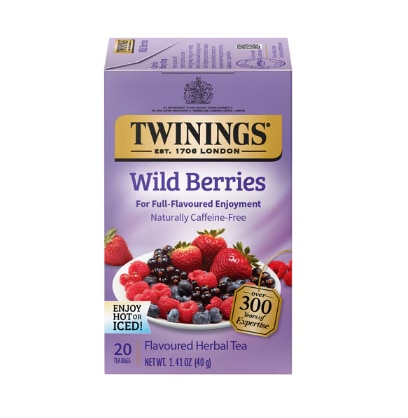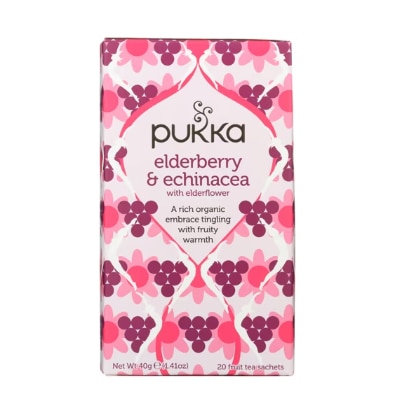As spring approaches, humans have historically cultivated thoughts of renewal, with our ancestors celebrating the spring equinox and other rites to commemorate this vibrant season. Spring awakens the longing for new beginnings, a refreshment of mind, body and emotions, which mirrors the sense of rejuvenation we find so beautifully illustrated in nature with new green growth, flowers and blossoming trees.
After a long winter season of semi-hibernation, with heavier fare to help ward off the cold, we may even experience something of a “winter hangover,” feeling sluggish and congested. The advent of spring offers an ideal opportunity to cleanse, detox and refresh. It is an ideal time to make a shift to a lighter, fresher menu, including the beverages we choose. Spring teas are a case in point.
Healers throughout history have used teas, tisanes and other botanical infusions to support health and wellness, often seasonally targeted. In the spirit of that wise, innately human tradition, we can benefit from a wide range of spring teas to refresh and renew us.
Cleansing/detox teas
The potent energy of spring brings with it an opportunity to invigorate and revitalize the body. Herbs which help to support natural detoxification make ideal spring “tonics.” Consider these options, alone or in combination:
Alfalfa – This highly beneficial plant is rich in vitamins C, and K, iron, folate, riboflavin, thiamine, magnesium and copper. Alfalfa tea has long been used medicinally for its tonifying and cleansing effects. It is also traditionally thought to be helpful in supporting healthy blood sugar and cholesterol levels.†
Dandelion – Both the mineral-rich roots and leaves of dandelion have been treasured for thousands of years, playing a role in traditional spring elixirs ever since. Dandelion tea is believed to help stimulate digestion and support natural elimination.†
Burdock – This root has traditionally played a role in spring teas to refresh the system, support detoxification pathways and promote healthy cellular metabolism. Burdock root tea is also thought to have gentle laxative and liver supporting effects.†
Milk thistle – Ideal for healthy liver support, milk thistle tea owes much of its wellness value to the active silymarin compounds it contains. Silymarin may exhibit antioxidant effects by scavenging and preventing the formation of cell-damaging free radicals that can contribute to disease development.†
While you can consume these and other tonifying herbs individually, they often work best synergistically. Some beneficial blends that incorporate these and many other helpful herbs include: Gaia Herbs Cleanse and Detox Herbal Tea, Yogi Berry Detox Tea and Traditional Medicinals Everyday Detox® Herbal Tea
Floral teas
Delicate, flavorful floral teas are a natural for spring refreshment, and have other attributes as well. Some beneficial options include:
Honeybush – Named for its mildly sweet, honey-like aroma, this tea is closely related to rooibos, also known as red tea. Honeybush tea has been used for centuries to soothe and calm coughs, among other uses, alone or in combination with other herbs.†
Lavender – One of the most beloved fragrances in the world, lavender tea offers a subtle flavor and aromatic fragrance with a myriad of wellness benefits. For one, lavender is thought to support a calm mood and more restful sleep. This lovely tea blend includes both lavender and chamomile.†
Red Clover Flower – rich in vitamins B and C, calcium, chromium, magnesium, thiamine, niacin, phosphorus, potassium and iron, red clover tea is thought to help simulate lymph flow and support waste elimination via the urinary system. It may also have liver nourishing properties, among other benefits.†
Hibiscus – This piquant, ruby-hued infusion has a slightly tart flavor similar to cranberries. Hibiscus tea is rich in protective antioxidants. In one animal study, hibiscus extract increased the number of antioxidant enzymes and reduced the harmful effects of free radicals by up to 92 percent.1
Fruit teas
Fruit teas provide an excellent option for people who are looking to move away from sugared or caffeinated beverages in favor of healthy refreshing alternatives. Consider, for example:
Rosehips – Called the fruit of the rose, rose hips are loaded with health-supportive antioxidants, such as vitamin C, catechins, quercetin and ellagic acid. A diet rich in these compounds may support a normal inflammatory response and may also help minimize oxidative stress in your body.†
Elderberry – This vibrant berry has long been used to support normal immune wellness and promote a healthy inflammatory response. Elderberry tea has long been treasured for its perceived cold and flu-fighting benefits as well.†
Lemon – Since ancient times, humans have combined lemon with hot water and honey to soothe a range of health issues. Celestial Seasonings Lemon Zinger is one of the most flavorful of lemon teas. You can also combine it with this beautifully medicinal ginger tea for an even greater array of benefits.†
The world of tea is extensive, with delicious, beneficial offerings for every season. Happy spring!
†These statements have not been approved by the Food and Drug Administration. These products are not intended to diagnose, treat, cure or prevent disease.




